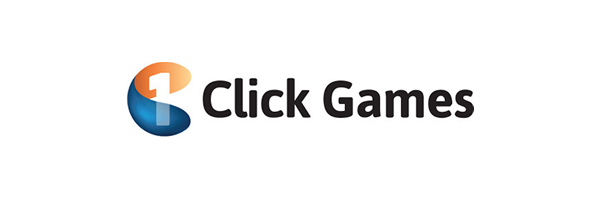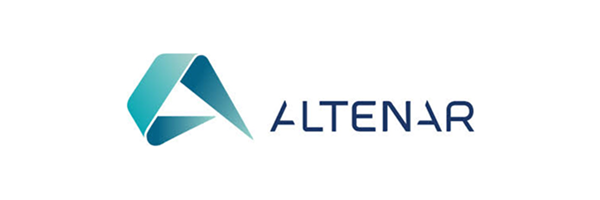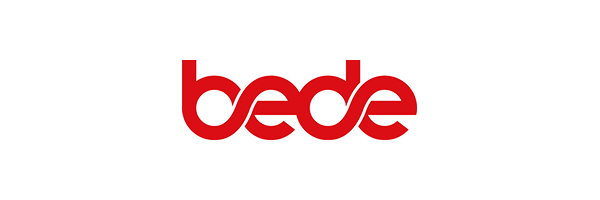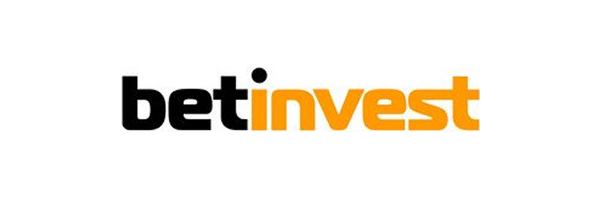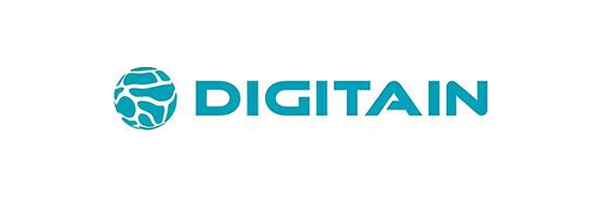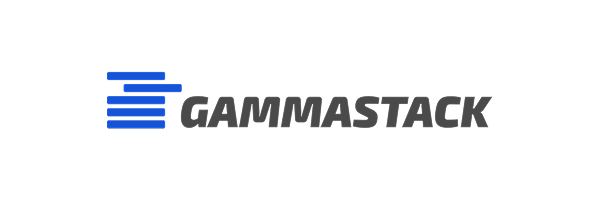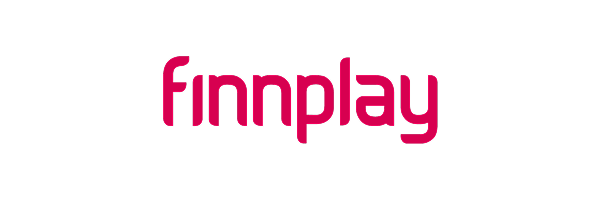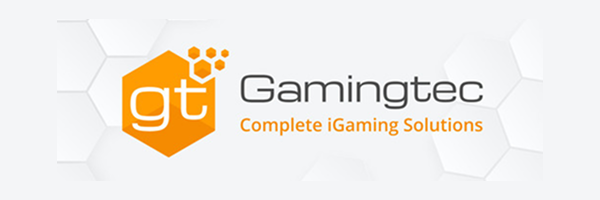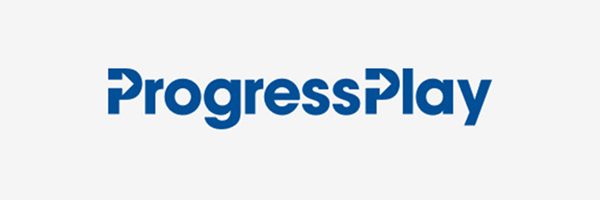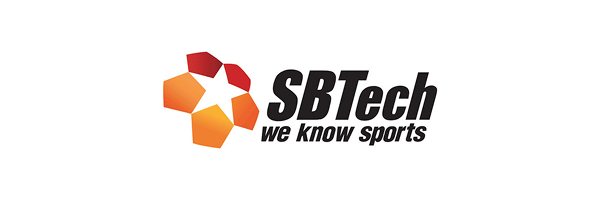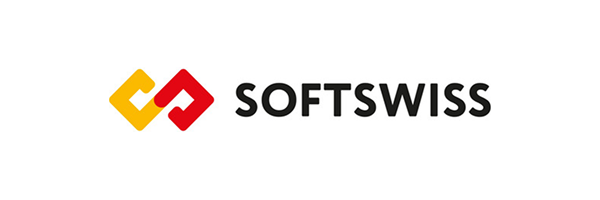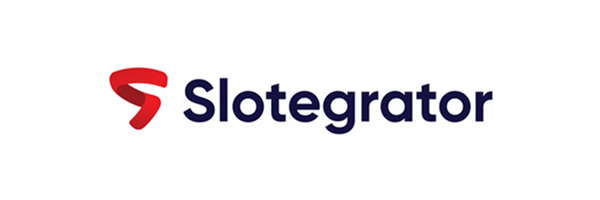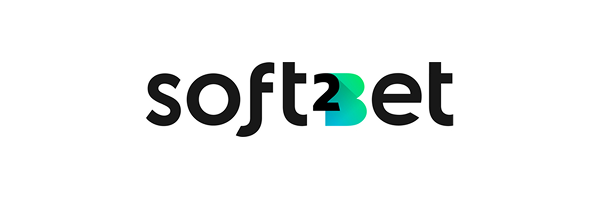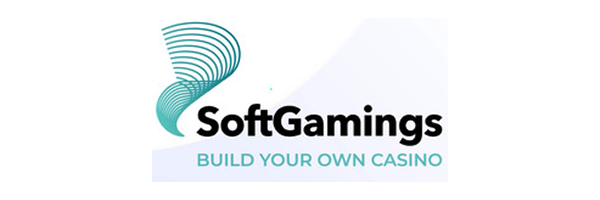What Is a White Label Sportsbook?
A white label sportsbook is a turnkey betting platform where the provider owns the licence, core software and risk-management engine. They also handle ongoing software updates, security patches, KYC/AML compliance, data hosting and 24/7 technical support, allowing you to avoid the complexities of in-house development and regulatory filings.
As the operator, your primary tasks are to apply your own branding: logos, color schemes, user interface themes. Also you should execute marketing and player-acquisition campaigns tailored to your target markets. You integrate local payment methods: credit/debit cards, e-wallets like Skrill or Neteller, and even cryptocurrencies such as Bitcoin or USDT.
Such setup lets you launch a customized betting site or app within 4–8 weeks, at a fraction of the cost (typically starting around US $10.000–30.000) and with far less operational risk than building a sportsbook from the ground up
Key Features
- Bet engine & odds feed (pre-match and live betting)
- Integrated billing, payouts & multi-currency wallets
- Central admin panel with BI dashboards
- Full mobile and desktop front-end skins
- Regulatory and KYC/AML compliance modules
- 24/7 customer support and managed risk management tools
Benefits of White Label Solutions
White label solutions have undeniable advantages over other types of solutions for creating an online betting platform.
| Benefit | White Label | Self-build |
|---|---|---|
| Launch time | 4–8 weeks | 12–18 months |
| Up-front CAPEX | From US $10 k | US $100 k + |
| Ongoing OPEX | Rev-share 15–35% | Full tech payroll |
| Compliance | Included | In-house legal |
Let’s take a closer look at what makes them stand out from other options for launching your product:
Higher Speed
Launch in 2–4 weeks vs. 12+ months for custom builds. Providers like GammaStack offer pre-integrated APIs for rapid deployment.
Lower Costs
Lower capital outlay plus predictable rev-share keeps fixed costs down.
Fully Licensed
Pre-configured for jurisdictions like Malta, Curaçao, and the UK. Providers manage KYC, AML, and geolocation checks.
Market Overview and Pricing
The online sports betting segment generated €45.4 billion in 2024 revenue and US operators posted a record US $13.7 billion in 2024 GGR.
The global sports betting market hit US $91.4 billion in 2023 and is forecast to reach US $182 billion by 2030 with a 10.3 % CAGR, so timing is right to capture a share of this fast-growing betting market.
Online sports betting continues to expand following widespread regulation in the US, LatAm and Africa. Mobile now accounts for ≈62% of global online betting GGR and will exceed 70% by 2025. Operators keen to enter the space face lengthy licensing, technology and risk-management hurdles; a white label sportsbook offers a faster, lower-risk route.
“Setup fees for a modern white-label sportsbook start around US $10 000, with time-to-market under eight weeks,” says BetConstruct’s product team.
Pricing Models
- Fixed fee (e.g., €10 k setup + flat monthly)
- Revenue share (15–40 % of GGR)
- Hybrid (moderate setup + lower rev-share)
Licensing Fees & Ongoing Costs
| Component | Description | Typical Cost |
|---|---|---|
| Licence (Curaçao) | Master B2C | €50 000 / y |
| Tech hosting | Cloud, CDN | €5 000 / m |
| Support & upgrades | 24/7 SLA | 15 % of revenue |
How to Choose the Best Provider
Selecting the right white-label sportsbook provider is a strategic decision that shapes your sports betting platform’s performance, compliance and profitability. Shortlisting candidates, evaluating their technology demos and validating contractual terms ensures you partner with a provider aligned to your business goals.
“Short-list no more than three providers and run parallel due-diligence on tech stack, data latency and contractual exit clauses,” advises SOFTSWISS Head of Sales.
Evaluation Criteria
To evaluate providers effectively, focus on core dimensions that impact your launch speed, operational stability and regulatory risk. Below are the primary criteria your due-diligence should cover:
- Reputation & Track Record: Review client success stories, industry awards and case studies to gauge long-term stability. Look for proven launches in your target markets and references from operators with similar bet volumes.
- Technology & Features: Prioritize platforms offering real-time odds and lines, modular UI/UX components and low-latency feeds for both pre-match and in-play betting. Ensure the provider’s tech stack supports rapid feature updates and third-party integrations.
- Support & Customisation: Confirm availability of a dedicated account manager, 24/7 multilingual customer support and an SLA guaranteeing at least 99.9 % uptime. Evaluate the ease of branding, workflow tailoring and configuration of bonus systems.
- Security & Compliance: Verify ISO 27001 or SOC 2 certification, robust encryption standards and audited AML/KYC processes. Providers should demonstrate regular security-audit reports and a track record of zero major data breaches.
Additionally, always request a sandbox account to measure API response times under load and conduct reference calls with existing operators before signing any agreement.
Leading White Label Betting Providers
There are many iGaming providers on the market offering their sports betting solutions and software. We have highlighted several of the most famous and time-tested providers that can provide you with the ideal software to start your betting platform:
| Provider | Jurisdictions | Pricing Model | Notable Feature |
|---|---|---|---|
| BetConstruct | EU, LatAm | Rev-share | In-house risk engine |
| SOFTSWISS | MGA, Curaçao | Hybrid | Crypto wallet & 24 % crypto bet share |
| EveryMatrix | EU | Fixed | OddsMatrix API-first platform |
| NuxGame | Global | Fixed + % | Setup from US $10 k – 30 k |
| Kambi | EU, US | Rev-share | Managed trading & risk services |
Building a Customised Sportsbook from Scratch
Building a custom sportsbook software from scratch requires a structured, multi-phase approach to ensure your sportsbook platform is both scalable and compliant.
Development Process
- The custom development of a sportsbook software begins with thorough business analysis, where market trends, target audience segments and regulatory requirements are mapped out to define the platform’s scope and unique value propositions.
- Once requirements are clear, a technical specification document is drafted, detailing system modules, API endpoints, data models and security protocols, serving as the blueprint for developers and architects.
- With specifications in hand, teams build a prototype and refine UI/UX designs to validate workflows, gather stakeholder feedback and ensure an intuitive betting site or app layout before full-scale coding begins.
- The next step is establishing system architecture—often on cloud infrastructure—to handle real-time odds feeds, event streaming and horizontal scaling under peak loads, following reference patterns such as AWS’s sports betting architecture.
- During coding & QA, developers implement core modules in parallel with continuous integration tests; unit, integration and load tests identify and eliminate bugs to uphold platform stabilitн.
- Before going live, compliance testing verifies adherence to jurisdictional regulations, KYC/AML flows, responsible-gaming safeguards and data-protection laws through simulated scenarios and audit checklist.
- Finally, the launch phase involves deploying production code, migrating data, configuring DNS/CDN and closely monitoring KPIs such as uptime, latency and first-bet conversion rates to ensure a smooth go-live
Core Components
A fully-ready white label sports betting platform from a good provider must contain the following components:
Bet Engine
The bet engine is the heart of any sportsbook, responsible for compiling odds, accepting wagers and calculating payouts in real time. It ingests data feeds (both pre-match and in-play), applies statistical models and risk parameters, and updates lines dynamically as events unfold. A robust engine supports multiple sports, markets and bet types, ensuring low-latency responses even under heavy load.
Risk Management Module
A dedicated risk management module protects the operator’s margin by monitoring exposure across markets, setting liability limits and triggering alerts when thresholds are breached. It uses automated rules and trader overrides to balance books and minimize losses, while providing real-time dashboards for monitoring customer betting patterns and potential fraud.
CMS & Player Wallet
The content management system (CMS) allows operators to update promotions, manage odds displays and deploy marketing campaigns without developer support. Integrated with the CMS is the player wallet, which handles deposits, withdrawals and balance management across fiat currencies and cryptocurrencies. A unified wallet ensures that funds and bonuses move seamlessly between sports betting, casino and other verticals.
Payment Gateways (Cards, E-wallets, Crypto)
Flexible payment gateway integration is crucial for capturing and retaining customers. Operators typically support credit/debit cards (Visa, Mastercard), popular e-wallets (PayPal, Skrill, Neteller) and cryptocurrency processors (Bitcoin, Ethereum, USDT). Each integration must comply with PCI-DSS and local regulations, providing low-fee, low-latency settlements and instant KYC/AML checks.
Responsive Front-End
A responsive front-end guarantees a consistent betting experience on desktop, tablet and mobile devices. It employs adaptive layouts, touch-friendly navigation and fast-loading components so that users can browse sports markets, place bets and view live scores with minimal friction. Modern platforms leverage progressive web apps (PWA) or native shells (Flutter, React Native) to deliver push notifications and offline capabilities
Conclusion & Next Steps
White label sportsbook solutions let entrepreneurs enter the sports betting industry quickly, with manageable risk and predictable cost. With setup fees from US $10 000 and live launch inside two months, the model suits new igaming operators aiming for rapid market access.
Ready to start? iGamingX simplifies provider selection, licensing, and technical integration. Contact us for a free demo tailored to your market.


